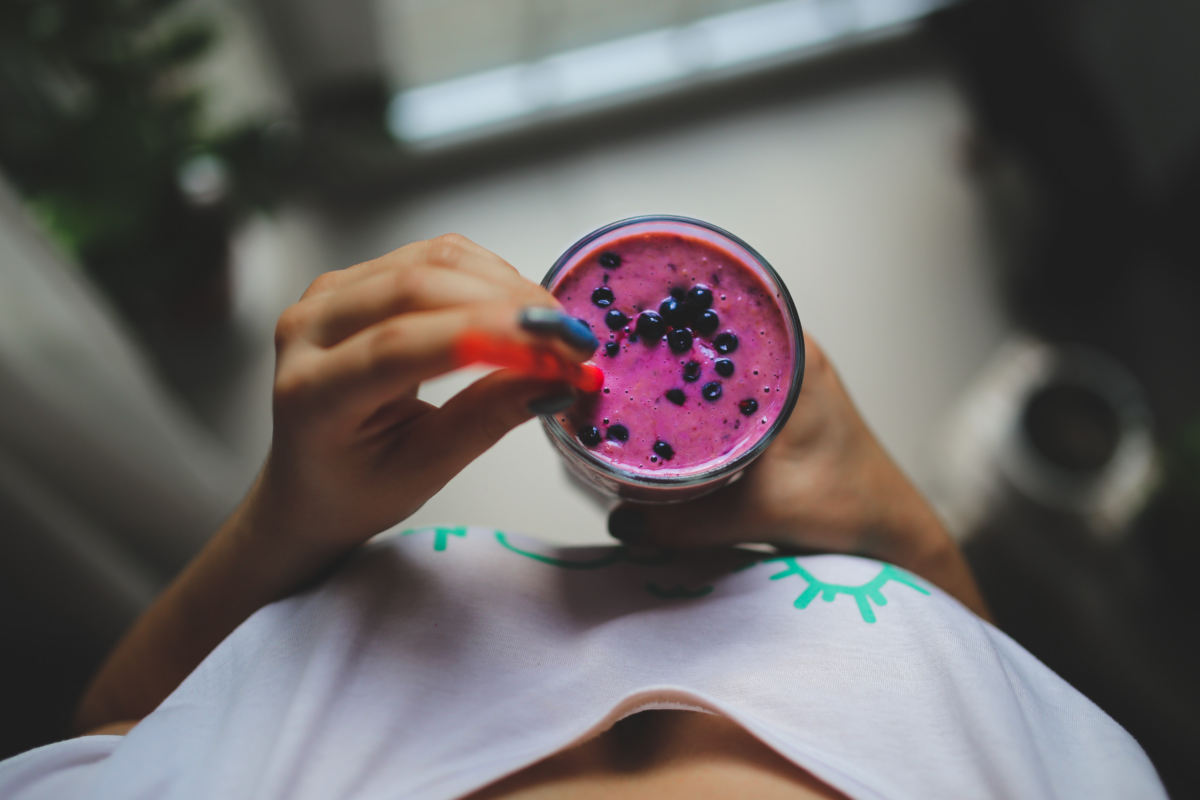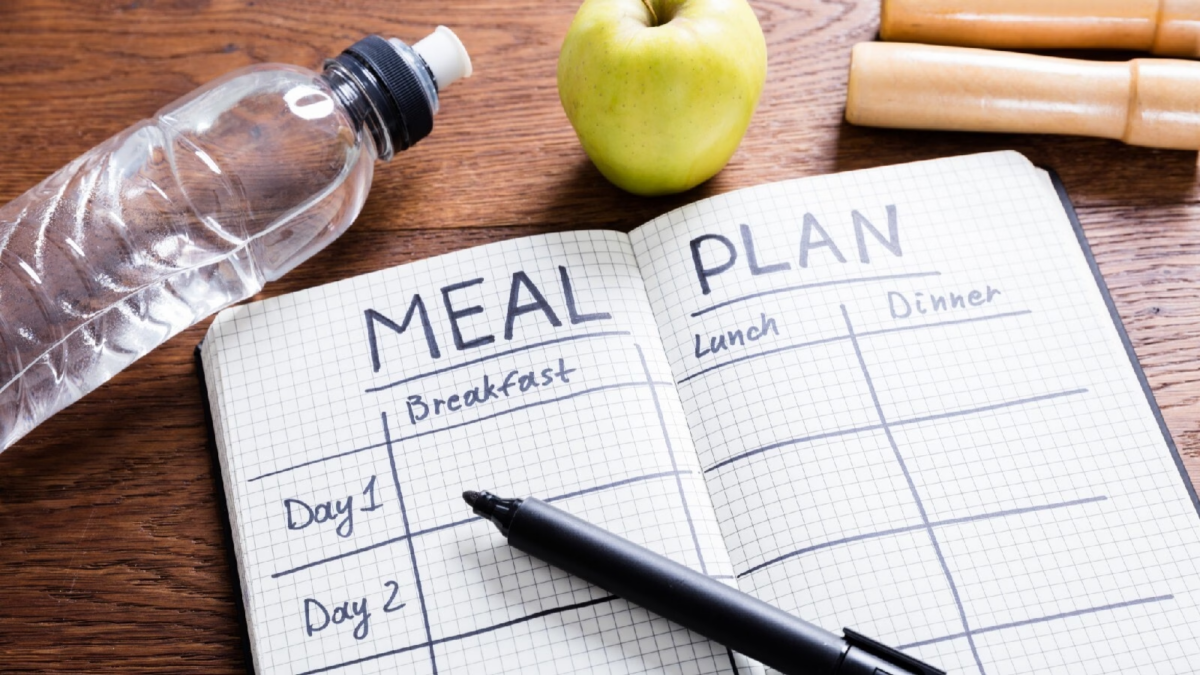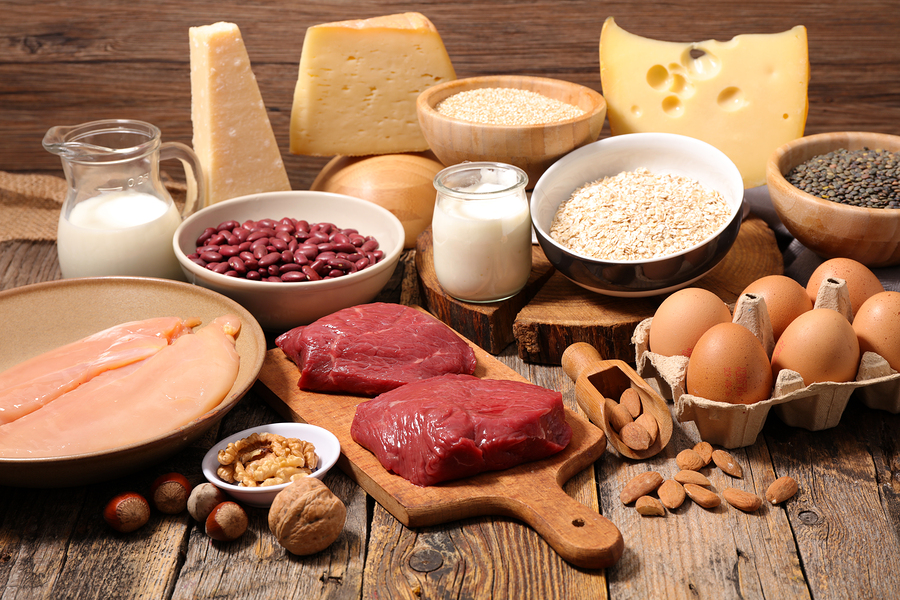In today’s quest for a healthier lifestyle, implementing a high-protein diet has emerged as a popular strategy for effective weight loss. If you’re on a weight loss journey or simply looking to improve your overall health, a high-protein diet can be an effective strategy. Protein is known for its ability to promote satiety, boost metabolism, and preserve lean muscle mass. Let’s explore the essentials of incorporating a protein-rich diet into your weight loss journey.
The Importance of Protein for Weight Loss
Protein plays a vital role in facilitating weight loss and promoting overall health. Here are some of the key reasons why protein is so essential:
- Promotes Satiety: Protein-rich foods are more filling than foods high in carbs or fats. When consumed, protein triggers the release of hormones that signal fullness, helping to curb cravings and reduce overall calorie intake. This feeling of fullness can help reduce hunger pangs and cravings, making it easier to stick to your diet plan.
- Boosts Metabolism: Protein has a higher thermodynamic effect compared to carbohydrates and fats, meaning more calories are burned during digestion and metabolism. This increased metabolic rate can support weight loss efforts.
- Preserve Lean Muscle Mass: During weight loss, it’s critical to lose fat without losing muscle. A diet rich in protein can help protect your muscle mass while promoting fat loss.
- Supports Workout Recovery: If you’re combining your diet plan with exercise, protein is crucial for repairing and building muscles post-workout. This can help improve your overall fitness and accelerate weight loss.
Incorporating protein into your diet isn’t just about eating lots of meat. Other excellent protein sources include legumes, dairy products, eggs, and plant-based alternatives like tofu and tempeh. Always remember to consume a balanced diet for optimal health. Read Also: 9 Proven Morning Habits That Help You Lose Weight
What is a High Protein Diet
A high-protein diet is a dietary plan that prioritizes the consumption of foods rich in protein over those high in carbohydrates and fats. The diet typically involves consuming approximately 30-50% of your daily calories from protein sources, a considerably higher percentage than the standard recommended daily intake. The increased protein intake can come from both animal and plant-based sources, including meat, poultry, and certain grains.
A high-protein diet can help promote weight loss, enhance muscle development, and improve overall health. However, like any diet plan, it’s important to maintain balance and nutritional diversity. It’s also crucial to stay hydrated, as a high-protein diet can make the kidneys work harder and may increase your need for fluids.

Planning Your High-Protein Diet
Determining your protein needs is a critical first step. Factors like age, weight, and activity level play a role in calculating the optimal daily protein intake for you. Consult a nutritionist or use online calculators to determine your ideal protein intake.
Next, focus on incorporating lean protein sources into your meals, such as fish, chicken breast, tofu, and beans. A healthy, high-protein diet should include a variety of lean protein sources, complex carbohydrates, and healthy fats. It’s important to avoid heavily processed foods and to focus on whole, nutrient-dense foods.
Meal planning can help you stay on track with your high-protein diet. Make a list of protein-rich foods you enjoy and plan meals around them. This can help ensure that you’re getting enough protein while also maintaining variety in your diet. Be sure also to incorporate plenty of fruits and vegetables, as they provide essential vitamins and minerals.
Incorporating High-Protein Foods in Your Meals
To implement a high-protein diet, it’s important to include a variety of protein-rich foods in your meals. Here are some excellent sources of protein to consider:
- Chicken Breast: A lean source of protein that is versatile and can be incorporated into various dishes.
- Greek Yogurt: Packed with protein and probiotics, Greek yogurt makes for a nutritious snack or breakfast option.
- Lentils: A plant-based protein source that is also high in fiber, making it a filling addition to salads, soups, or stews.
- Quinoa: A complete protein that is rich in essential amino acids, quinoa can be used as a base for salads or as a side dish.
- Tofu: A popular option for vegetarians and vegans, tofu is a versatile protein source that can be stir-fried, baked, or grilled.
Breakfast Option
Kickstart your day with a protein-packed breakfast to keep you fueled and satisfied throughout the morning. An example of a high-protein breakfast is a Greek yogurt parfait. Layer Greek yogurt, a rich source of protein, with mixed berries for added fiber and antioxidants. Top it off with a sprinkle of chia seeds or flaxseeds for a bonus protein boost and a crunch.
Lunch Ideas
For lunch, consider meals that are easy to prepare and high in protein. A classic chicken salad is a great option. Toss grilled chicken breast with mixed greens, cherry tomatoes, and avocado. The chicken provides a hearty dose of protein, while the avocado offers healthy fats. For a vegetarian alternative, swap the chicken for chickpeas or lentils. Read Also: Gastrointestinal Disorders: Symptoms and Prevention Tips
Dinner Recipe
Dinner is an opportunity to incorporate protein, fiber, and nutrients into one delicious meal. One idea is a quinoa stir-fry with tofu and a variety of vegetables. Quinoa is a plant-based protein source, and tofu adds an additional protein punch. Add colorful vegetables like bell peppers, broccoli, and carrots for added fiber and nutrients. Season with soy sauce and garlic for a burst of flavor. Remember to keep portion sizes in mind to maintain a balanced diet.
Snacking the Right Way
When hunger strikes between meals, choose a high-protein snack to keep you satisfied until your next meal.

Protein-Packed Snack Suggestions
For those mid-day cravings or post-workout refueling, protein-rich snacks can be your best bet. Here are some options:
- Greek Yogurt and Berries: A light and nutritious snack. Greek yoghurt is packed with protein, and when paired with berries, it provides a sweet and tangy taste and a dose of antioxidants.
- Almonds and Walnuts: These nuts are protein-rich and provide healthy fats and fibre. Have a small handful to keep hunger at bay.
- Hard-Boiled Eggs: An excellent source of protein, hard-boiled eggs can be a satisfying snack. Pair them with some veggies for a balanced mini-meal.
- Edamame: These immature soybeans are packed with protein and fibre. Steam them and lightly salt them for a simple, tasty snack.
Empty Calories to Avoid
While snacking, it’s essential to avoid foods with “empty calories“—calories derived from foods containing no nutrients. These include:
- Sugary Drinks: Sodas and fruit drinks often contain high amounts of refined sugar and provide no essential nutrients.
- Snack Foods: Chips, cookies, and candy bars are high in calories but low in nutritional value.
- Alcohol: While it can be part of a balanced lifestyle, alcohol provides calories with virtually no nutritional value.
- Fast Food: Often high in fat, sugar, and sodium, fast food provides a lot of calories without much nutritional benefit.
Remember, moderation is key when it comes to snacking. Choose nutrient-dense snacks over calorie-dense ones to maintain a healthy diet and energise you throughout the day.
Potential Risks and Considerations
While a high-protein diet can benefit weight loss, it’s important to consider potential risks and consult with a healthcare professional before making any major dietary changes. Some considerations include:
- Individual Needs: Protein requirements can vary depending on age, gender, activity level, and overall health. It’s important to tailor your protein intake to your specific needs.
- Balanced Diet: While protein is important, it’s crucial to maintain a balanced diet that includes a variety of nutrients from other food groups, such as fruits, vegetables, whole grains, and healthy fats.
- Hydration: High-protein diets may increase water needs, so staying adequately hydrated throughout the day is important.

Tips for Success
To make the most of your high-protein diet for weight loss, consider the following tips:
- Meal Planning: Plan your meals in advance to ensure you have high-protein options readily available.
- Portion Control: Pay attention to portion sizes to avoid consuming excess calories, as overeating protein can hinder weight loss efforts.
- Snack Wisely: Opt for protein-rich snacks, such as nuts, seeds, or protein bars, to keep you satisfied between meals.
- Combine with Exercise: Regular physical activity is crucial for weight loss. Combine your high-protein diet with a well-rounded exercise routine for optimal results.
Common Myths About High Protein Diets
A host of misconceptions often surrounds high-protein diets. Here are some common myths about high-protein diets that need to be debunked.
- High protein diets cause kidney damage: This is one of the most pervasive myths. While individuals with existing kidney disease need to manage their protein intake, a high-protein diet doesn’t increase the risk of kidney damage for healthy individuals.
- Protein supplementation is necessary for muscle gain: While protein is critical for muscle development, most people can meet their protein needs through a balanced diet alone.
- All protein sources are equal: Not all protein sources provide the same nutritional value. It’s crucial to incorporate a variety of protein sources, such as lean meats, dairy, and plant-based proteins, each of which offers unique benefits.
- High protein diets are high in unhealthy fats: While some high protein foods are high in saturated fats, many lean protein sources, such as poultry, fish, and legumes, are low in fat or contain healthy fats.
Remember, it’s always best to consult with a healthcare professional before making any substantial dietary changes.



